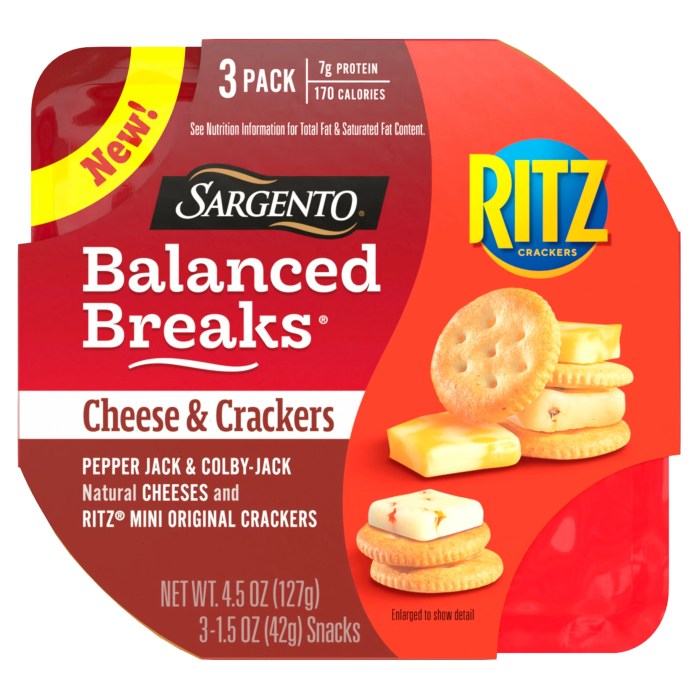Nutritional Composition of a Grilled Cheese Sandwich: Grilled Cheese Nutrition Info
Grilled cheese nutrition info – The seemingly simple grilled cheese sandwich offers a surprisingly complex nutritional profile, varying significantly based on the type and quantity of bread and cheese used. Understanding this profile allows for informed choices regarding portion size and ingredient selection to better align with individual dietary goals.
Macronutrient Breakdown
A typical grilled cheese sandwich, made with two slices of white bread and approximately 50 grams of cheddar cheese, provides a substantial amount of carbohydrates, fats, and proteins. The bread contributes primarily to the carbohydrate content, while the cheese is the main source of fat and protein. Average values suggest approximately 30-40 grams of carbohydrates, 20-25 grams of fat, and 15-20 grams of protein per sandwich.
However, these figures can fluctuate depending on the specific ingredients used; whole-wheat bread, for instance, will increase the fiber content and slightly lower the net carbohydrate count. Similarly, different cheeses will alter the fat and protein ratios. For example, a brie-based grilled cheese will have a higher fat content than one made with lower-fat mozzarella.
Micronutrient Content, Grilled cheese nutrition info
Beyond the macronutrients, a grilled cheese sandwich provides a modest contribution of several vitamins and minerals. The cheese is a significant source of calcium, crucial for bone health, and also contains various B vitamins, essential for energy metabolism. The bread, particularly whole-wheat bread, contributes some B vitamins and fiber, aiding in digestion. The amounts of these micronutrients will vary depending on the specific types of bread and cheese selected.
For example, cheddar cheese is richer in vitamin A than mozzarella, and whole-wheat bread provides more fiber than white bread.
Nutritional Information Per Serving
| Nutrient | Amount per Serving (approx.) | Unit | Notes |
|---|---|---|---|
| Calories | 250-350 | kcal | Varies greatly depending on bread and cheese type and quantity. |
| Total Fat | 10-15 | g | Primarily from cheese. |
| Saturated Fat | 6-9 | g | Contributes to cholesterol levels. |
| Cholesterol | 20-30 | mg | Mainly from cheese. |
| Sodium | 400-600 | mg | Can be high depending on bread and cheese sodium content. |
| Total Carbohydrate | 30-40 | g | Primarily from bread. |
| Dietary Fiber | 2-4 | g | Higher in whole-wheat bread. |
| Sugars | 2-5 | g | Varies depending on bread type. |
| Protein | 15-20 | g | Primarily from cheese. |
FAQ Corner
Can I make a grilled cheese vegan?
Yes, by using vegan cheese alternatives and bread. Nutritional values will vary depending on the specific products used.
Is grilled cheese a good source of protein?
The protein content depends on the cheese type and amount used. Generally, it provides a moderate amount of protein, but not as much as some other protein-rich foods.
How can I reduce the sodium in my grilled cheese?
Use low-sodium bread and cheese, and avoid adding salty condiments. You can also explore using herbs and spices for flavor instead of salt.
Are there gluten-free grilled cheese options?
Yes, use gluten-free bread. Be sure to check all ingredients for potential cross-contamination.
Understanding grilled cheese nutrition involves considering the bread and cheese types. A comparison with other comfort foods is helpful; for instance, checking the kraft mac and cheese nutrition facts offers a contrasting perspective on caloric and fat content. Returning to grilled cheese, portion size significantly impacts its overall nutritional profile.


